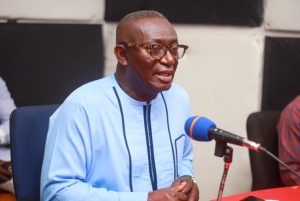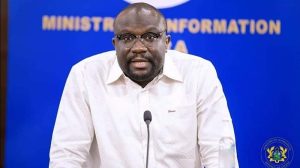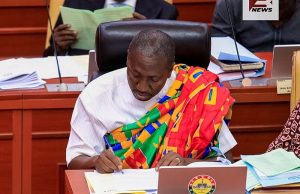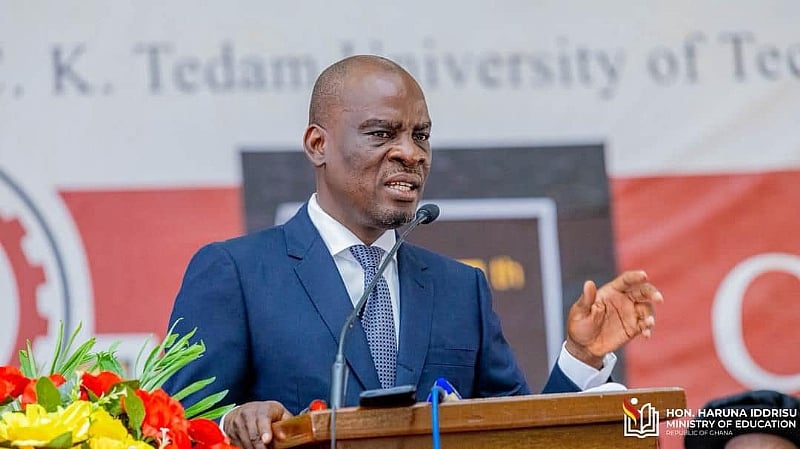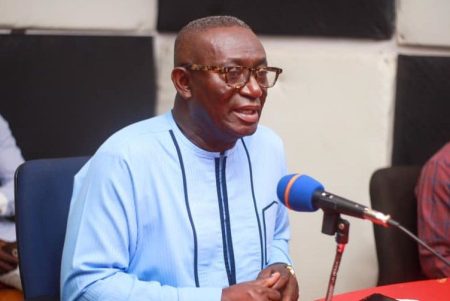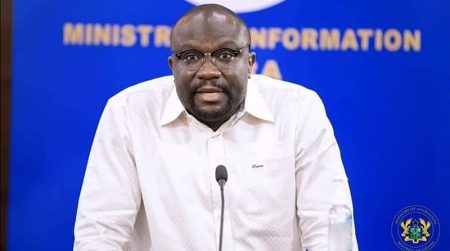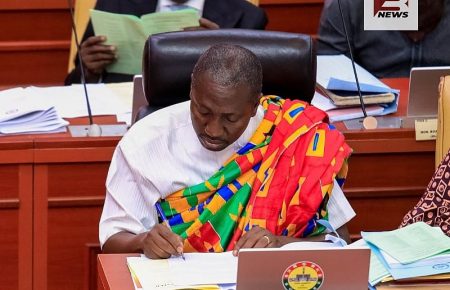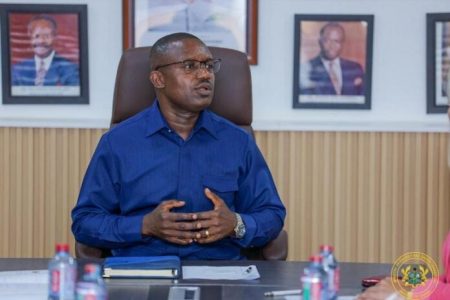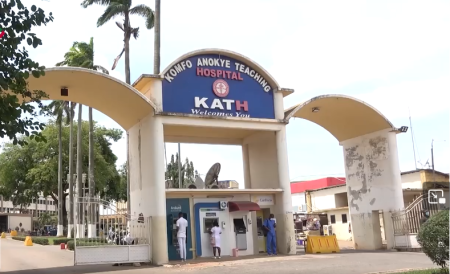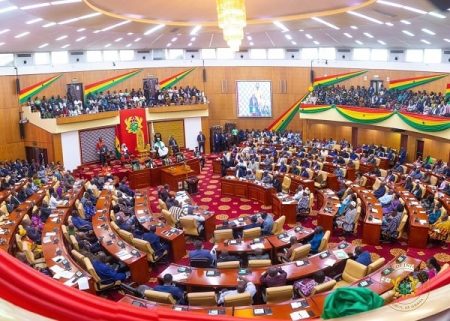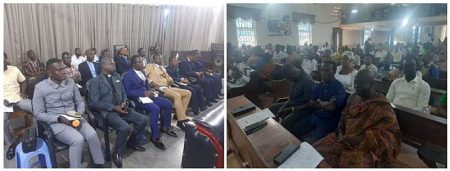Ghana’s education system is poised for a significant boost in 2025 with the planned recruitment of 50,000 teachers and 10,000 non-teaching staff. This ambitious initiative, announced by Education Minister Haruna Iddrisu, aims to address critical staffing shortages, enhance the quality of education, and improve administrative efficiency in schools nationwide. The government has already secured funding for this large-scale recruitment drive within the 2025 national budget, demonstrating a strong commitment to strengthening the education sector and investing in human capital. This substantial investment underscores the government’s recognition of education as a cornerstone of national development and its dedication to providing quality education for all Ghanaian children.
The recruitment drive is expected to significantly alleviate the burden on existing teachers, reduce class sizes, and provide much-needed support in underserved areas. By injecting a large number of qualified professionals into the education system, the government aims to create a more conducive learning environment for students and improve overall educational outcomes. The influx of new non-teaching staff will also bolster administrative capacity, freeing up teachers to focus on their core responsibilities and improving the overall management of schools. This comprehensive approach to strengthening the education sector reflects a strategic vision for long-term educational development in Ghana.
Minister Iddrisu’s announcement comes amidst concerns raised by Minority Leader Alexander Afenyo-Markin regarding the alleged mistreatment of teachers during a recent protest at the Ghana Education Service (GES) headquarters. These teachers were demonstrating against posting delays and other grievances. While the Minister dismissed the allegations of manhandling, he assured Parliament that the government is actively addressing the concerns of affected teaching personnel, particularly those experiencing delays in their postings. He cited a recent meeting with Bafour Eric, a representative of the affected teachers, and promised to share details of their discussion with the public soon.
The Minister’s explanation regarding the posting delays shed light on the bureaucratic procedures involved and the need for renewed clearances from the Finance Ministry. He explained that the initial clearances issued for the teachers who were expected to start work in August, but began in September, had expired by December 31st. These teachers now require renewed clearances to proceed with their postings, a process that the Minister is actively pursuing. This clarification highlights the complexities of managing large-scale recruitment and deployment within the public sector and the importance of efficient administrative processes.
The government’s commitment to addressing these posting challenges alongside the announcement of the mass recruitment drive signals a multi-pronged approach to strengthening the education sector. By tackling both immediate concerns and long-term needs, the government aims to create a more stable and sustainable education system. The recruitment of 50,000 teachers and 10,000 non-teaching staff represents a significant investment in human capital and a recognition of the vital role education plays in national development. This initiative is poised to transform the educational landscape in Ghana, providing opportunities for both graduates seeking employment and the children who will benefit from improved access to quality education.
This comprehensive strategy, encompassing both immediate solutions to existing challenges and long-term investments in human resources, demonstrates a holistic vision for educational development. The commitment to addressing posting delays and ensuring a smooth transition for newly recruited personnel complements the overall goal of creating a more robust and effective education system. The planned expansion of the teaching and non-teaching workforce is a significant step towards achieving the government’s educational objectives and ensuring a brighter future for Ghana’s youth. By investing in education, the government is investing in the future of the nation, fostering human capital development, and paving the way for sustained economic growth and social progress.


